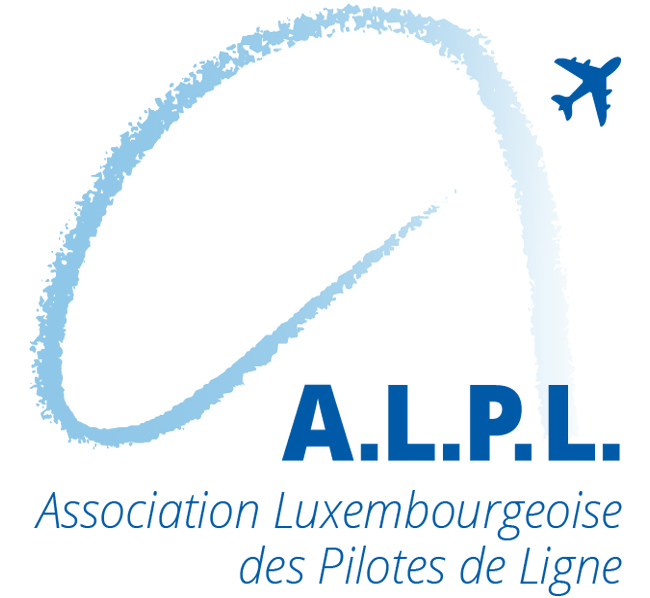The aviation sector is particularly exposed to non-compliance with applicable law and misapplication of EU legislation in general. The reason identified by many is the transnational nature of the airlines’ operations and, consequently, the highly mobile character of the pilots/aircrew jobs that makes it difficult to determine the law applicable to employees as well as the State(s) with the regulatory oversight responsibility (incl. in the employment and taxation domains).
This paper concerns applicable legislation both from a social security (Regulation 883/2004) and an employment law perspective (Rome I Regulation). While social security law applicable to aircrew depends on the home base, applicable employment law is in principle determined based on the “habitual place of work”. The habitual place of work is also the main criterion for determining the competent jurisdiction when a dispute arises between an employer and its employee (Brussels Ibis Regulation). Recently, in the Crewlink cases (C-168/16 and C-169/16), the European Court of Justice clarified that the home base is a significant factor/indicium when it comes to locating the “habitual place of work”.
As demonstrated by several studies, reports and recent court cases, the aviation sector is particularly exposed to non-compliance with applicable law and misapplication of EU legislation in general. The reason identified by many is the transnational nature of the airlines’ operations and, consequently, the highly mobile character of the pilots/aircrew jobs that makes it difficult to determine the law applicable to employees as well as the State(s) with the regulatory oversight responsibility (incl. in the employment and taxation domains).
Our associations concur that both the social and competition dysfunctions of the EU aviation market need to be addressed as a matter of urgency at both EU and national level. Our associations developed this joint paper to express their concerns and to jointly propose concrete actions to remedy the identified problems. The suggested solutions focus mainly on two aspects and can be summarized as follows:
1. Establish a link from the legal and oversight perspective between any airline’s operational base (other than the Principal Place of Business) and the Member State where the base is located. Prior notification about the opening of each base and compliance with local/national law would be required.
2. Clarify by EU law that the ‘home base’ equates to ‘the habitual place of work’ and as such it should be as stable as possible. Change of home base entails a change of applicable legislation.




